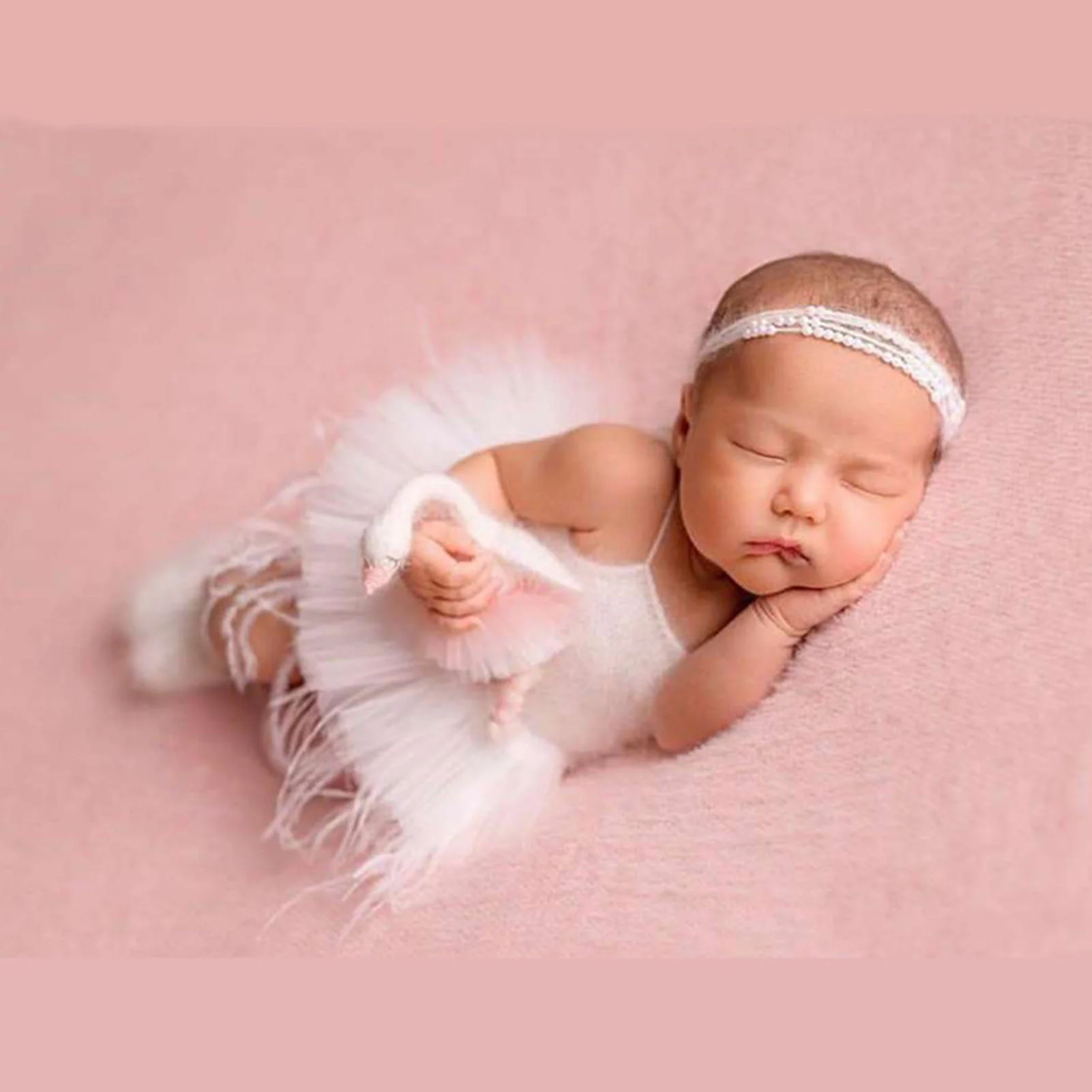During the challenging phase of potty training our first child, we had some friends visiting from afar. They were new parents with one adorable baby, as cute as can be. The father, a close friend, had recently caught an episode of a parenting show that suggested you could potty train your child over a weekend. With all sincerity, he informed us, “Just follow these steps, and she’ll be fully potty-trained by Monday!”
Ha! As if we hadn’t already tried those methods ourselves. We had explored every conceivable approach, from rewards to encouragement and even some light bribery. We had spent the past year engaging in a relentless struggle to encourage our little girl to use the toilet regularly.
All parents can relate to the frustration of receiving unsolicited advice from those without children. It’s quite astonishing that people still do it. I sincerely hope I never offered parenting tips when I was childless. If I did, please feel free to give me a retroactive slap.
Equally exasperating, however, is the advice from parents who have only one “perfect” child under the age of three. I refer to them as POOPCUPs: Parents Of One Perfect Child Under Preschool-age. These parents mean well, but they are often blissfully unaware of the broader challenges that await. Our friend with the sweet baby was, without a doubt, a POOPCUP. I suspect I was one too—perhaps even the president of the POOPCUP club.
Typically, the first child appears angelic in the eyes of their parents. This delightful illusion often leads to the decision to have more children. They’re adorable, they inspire overwhelming love, and before reaching three, they can convince us we are exceptional parents. Sure, parenting a toddler is challenging at times—especially when they cry for no apparent reason or get into mischief. But amidst the chaos, there are endless smiles, giggles, and sloppy kisses.
While I know some may disagree, parenting children under the age of three can be relatively straightforward. Yes, it presents its own difficulties, but the act of parenting itself feels simpler. When my first child was a toddler, I often believed I was experiencing the most challenging stage of parenthood. I thought I would be much better prepared for the emotional complexities of older children. After all, I had a background in teaching and felt confident in my communication skills with older kids.
What I failed to realize was that the emotional aspect of parenting could be just as exhausting, if not more so, than the physical demands of caring for a toddler.
Returning to my role as POOPCUP President, I must admit that our first child was a joy. Though she didn’t sleep well until she was 18 months old, she was an engaging and bright toddler. She was mostly obedient and had a smile that could melt hearts. Had she remained our only child, I might have been an insufferably self-satisfied mother.
Then came our second child, who was an entirely different story. At two, she confidently named her doll “Horse,” without a second thought. Since early childhood, she has shown an intense fascination with wildlife and has expressed her wish to have been born an animal rather than a human. Unlike her older sister, she was not the type to sit through a prayer meeting quietly.
Once you have more than one child, you quickly understand that their personalities are largely innate and not solely a reflection of your parenting prowess.
I realize that my observations may not sit well with parents of only one child. I remember feeling irritated when more experienced parents suggested that I lacked the necessary experience to contribute to parenting discussions with just one child. While I acknowledge that raising one child can be incredibly demanding, it pales in comparison to the challenges of managing multiple children.
I empathize with POOPCUPs because I was once one. You might be familiar with some too, or even find yourself in that category. If you’ve moved past the POOPCUP phase, you may chuckle at their naive advice, but patience is key; their time will come. Let them revel in the joys of their “perfect” child while they still can.
For more resources on parenting and insemination, check out Intracervical Insemination or consider visiting Make a Mom for expert advice. The CDC provides excellent information on pregnancy and home insemination as well.
Summary:
This article humorously reflects on the experiences of parents with a single child under preschool age, highlighting the common tendency to underestimate the challenges of parenting as one’s family grows. It emphasizes the difference in perception between parents of one child and those with multiple children, advocating for understanding and patience toward those still in the early stages of parenthood.
